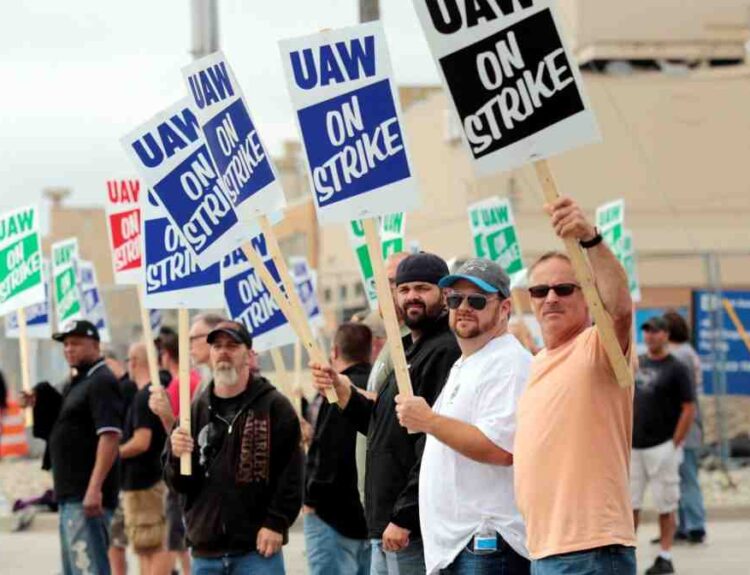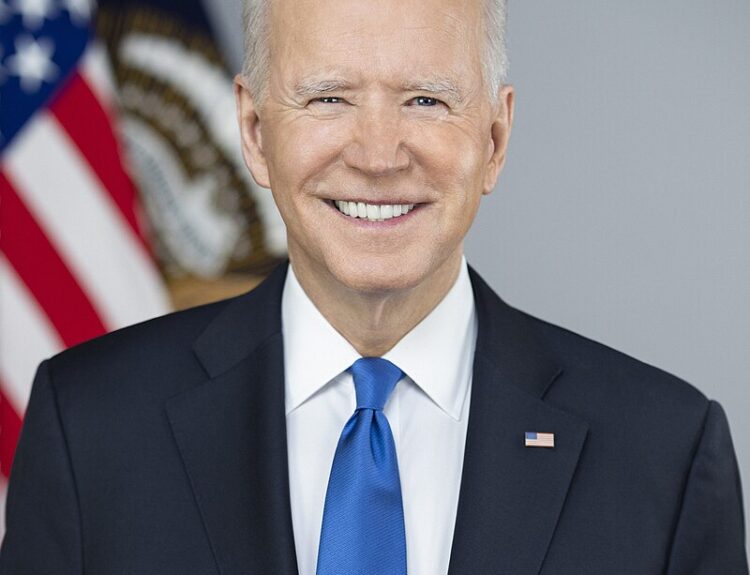Results expected Friday; union seeks to expand after Tennessee VW win
- Voting concludes at a Mercedes-Benz plant in Alabama on whether to form a union and be represented by the UAW
- A win in Alabama would further build the UAW’s momentum after a victory at a Volkswagen plant in Tennessee
- Mercedes officials have made presentations to workers explaining how they would address employee concerns under union representation
- The UAW is targeting factories and facilities owned by nonunionized car companies, including BMW, Toyota, and Tesla
The United Auto Workers (UAW) is awaiting the results of a vote at a Mercedes-Benz plant in Alabama, where employees are deciding whether to form a union and be represented by the UAW. A win in Alabama would further strengthen the UAW’s momentum, following a recent victory at a Volkswagen plant in Tennessee. The UAW is targeting nonunionized car companies, such as BMW, Toyota, and Tesla, in an effort to expand its reach. Mercedes officials have been engaging with workers to address concerns and explain the potential changes under union representation. The UAW’s president, Shawn Fain, has been leading the charge to rejuvenate the labor group and has set a $40 million organization drive over the next two years. The UAW’s success in Alabama would demonstrate its ability to expand with foreign-owned factories in the South.·
Factuality Level: 7
Factuality Justification: The article provides a detailed and factual account of the United Auto Workers’ efforts to organize the Mercedes-Benz plant in Alabama. It includes information on the voting process, the perspectives of different workers, the company’s response, and the broader context of the UAW’s organizing efforts. The article presents a balanced view of the situation without significant bias or sensationalism.·
Noise Level: 3
Noise Justification: The article provides a detailed and relevant analysis of the United Auto Workers’ efforts to organize nonunion auto factories, particularly focusing on the ongoing vote at a Mercedes-Benz plant in Alabama. It discusses the potential outcomes of the vote, the strategies employed by both the UAW and Mercedes, and the perspectives of workers involved. The article stays on topic, supports its claims with examples and quotes from individuals directly affected, and offers insights into the challenges and implications of unionization in the auto industry.·
Public Companies: Mercedes-Benz (N/A), Volkswagen (N/A), General Motors (N/A), Ford Motor (N/A), Chrysler (N/A), Stellantis (N/A), BMW (N/A), Toyota Motor (N/A), Tesla (N/A)
Key People: Shawn Fain (President of United Auto Workers (UAW)), Kay Ivey (Governor of Alabama), Rick Webster (Employee at Mercedes-Benz plant), Melissa Howell (Employee at Mercedes-Benz plant), Federico Kochlowski (Chief Executive for Mercedes’s U.S. business)
Financial Relevance: Yes
Financial Markets Impacted: Automobile industry
Financial Rating Justification: The article discusses the United Auto Workers’ (UAW) efforts to organize workers at nonunion auto factories, specifically mentioning Mercedes-Benz and Volkswagen plants in Alabama and Tennessee. This has financial relevance as it affects labor relations and wages within the automobile industry, which can impact companies’ costs and productivity.
Presence Of Extreme Event: No
Nature Of Extreme Event: No
Impact Rating Of The Extreme Event: No
Extreme Rating Justification: There is no extreme event mentioned in the article. The article is about the United Auto Workers’ bid to organize nonunion auto factories and the voting at a Mercedes-Benz plant in Alabama. It discusses the potential impact on the UAW’s ability to expand with foreign-owned factories in the South, but there is no mention of any extreme event or its impact.·
 www.wsj.com
www.wsj.com 





